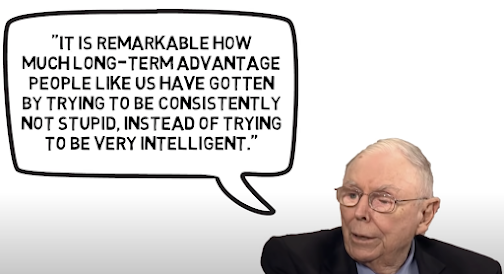Matchups. Irony is that the 'pieces' of offense may fit better by creating mismatches - big on small, small on big, size or speed disruption, especially in an era of heavy switching.
On the left, a switch yield big on small. On the right, a PnR might yield a speed mismatch.
Style of play. 'System coaches' find players to fit their preferred styles. Other work to match the style to the players. One season we had almost no size, but exceptional speed and played a modified version of The System. We went something like 21-3 and lost in the playoffs during "promotion" to the top division. Regular season winners got promoted and laggards were relegated to a lower division.
Sales. Remember Chuck Daly's quote, "I'm a salesman." Doc Rivers 'sold' Paul Pierce, Ray Allen, and Kevin Garnett on taking fewer shots and getting fewer numbers to earn a title. There's the old joke about the only man to hold Michael Jordan under twenty points a game (Dean Smith). Coaches sell value and hope for 'buy-in'. But don't get caught selling hope without adding value.
Space and Time. Coaches solve how best to use space (full court or packed) and adjust tempo to opponents. Talented teams benefit from playing faster and their opponents should want to slow tempo. More possessions magnify talent.
The Credit Game. The game is about the players. Coaches who understand that have a better chance to prosper. Fairly or not, some coaches take credit for wins and pin losses on the players. Train your best players, who get publicity, to deflect credit and recognize teammates. That makes a stronger culture and takes nothing away from themselves.
Cecilia is one of the top players in Massachusetts, but she's about "we."
Lagniappe. Turnovers and bad transition defense kill dreams.
Lagniappe 2. Kelly Olynyk played last night versus the Celtics. Two points: he grew up playing point guard (he's a seven footer) and he has a great shot fake.
Think "slow" and go, too.












